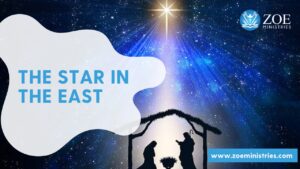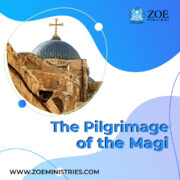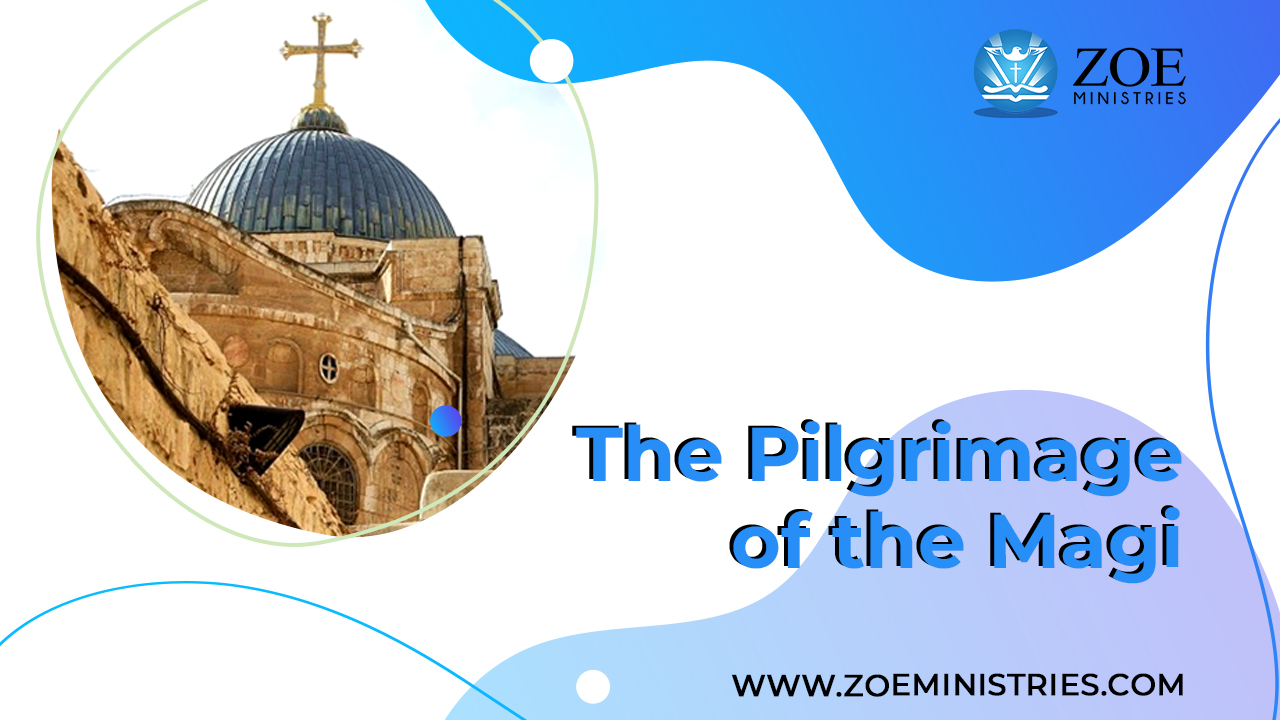Restoring Integrity
The Challenge for Church Leadership & Integrity
It is a difficult time for the church, especially for church leaders. The public failure of a church leader can have disastrous effects on the church’s members. Unfortunately, many church leaders have not taken responsibility for restoring their own and the church’s integrity. As a result, members are left to rationalize their leaders’ unethical behavior or abandon their faith altogether.
Restoration Procedures and Lack Thereof
Some denominations have established specific restoration procedures to combat this trend. However, many independent churches lack clear restoration processes to restore a fallen leader that the congregation formerly looked up to and trusted with their spiritual lives. The restoration process can vary depending on the church, with some leaders refusing to apologize and continuing in ministry without any consequences.
The Image of Christ
Leaders who refuse to take responsibility for their actions are detrimental to the image of Jesus Christ’s church, making it seem like certain people are above God’s judgment. Other church leaders may try to protect the fallen leader or leave the church altogether. However, some strive to restore their own integrity, relying on their spiritual skills to rebuild their credibility and respect.
The Apostle Paul’s Warnings
The apostle Paul warned that overseers must be above reproach and that those who sin should be reprimanded openly. However, he also taught that restoration should be conducted in a spirit of gentleness and humility. Anyone overseeing the rehabilitation of a fallen spiritual leader must also be cautious and avoid the temptation to fall themselves.
Future Forward: Prophetic Insights for Tomorrow Leaders
For church leaders who are struggling with issues of integrity, guidance and insight are crucial. That’s why we’re excited to invite you to “Future Forward: Prophetic Insights for Tomorrow Leaders,” an event featuring prophetic ministers who will share their wisdom and prophetic words to help you align with God’s plan for your life and ministry. Join us at www.prophecology.com to register and gain the direction you need to move forward confidently and purposefully in your ministry.
Accept This Invitation
Don’t miss out on Prophecology 2023! Register at www.prophecology.com
You will soon be blessed with prophetic understanding and power. Connect with us for a personal prophecy. This is your opportunity to receive a prophetic message tailored to your life’s current stage.
Join our LIVE Conference Call!
1) Call 515-604-9266
2) Go to startmeeting.com, and use the login: BishopJordan








